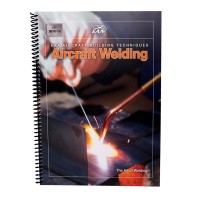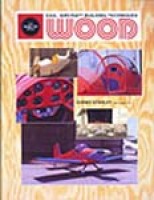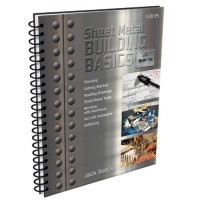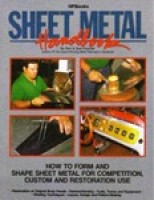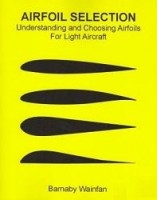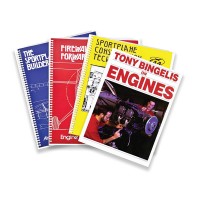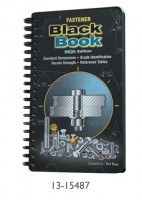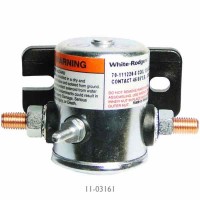Construct Of Tube Steel Fuselg
MFR Model# 0218-VEX-B
Overview
|
Construction of Tubular Steel Fuselages is written to assist the average mechanic or aircraft builder to produce a tubular steel airframe that is as good as one from the factory. The assembly methods in this manual are intended to produce a highly accurate fuselage in such a way that expansion and contraction occur symmetrically with no distortion. The techniques given including those on jigging and alignment methods will also help in rapid prototyping where a high degree of accuracy is necessary without elaborate welding jigs.
This book details the entire fuselage design and construction process in a practical way for the builder (not the engineer) including consideration for loads, evaluation and placement of fittings and joints, jigging, welding and other metalworking techniques, tool use, and the actual step by step construction of top and bottom halves of a steel fuselage as well as the many sub-assemblies common to every tubular aircraft fuselage type from J3 replicas to high performance aerobatic aircraft. |
WARNING: Cancer and Reproductive Harm - www.P65Warnings.ca.gov. |
Table of Contents
Chapter 1: Welded Fuselage Construction and Design- terminology
- axes
- fuselage geometry
- drawing conventions
- weld design
- materials
- designing parts
- steel
- abrasives
- welding
- nonstructural attach points
- corrosion and removal
- cleaning and painting
- metrology for jigging
Chapter 4. Jig Tables
- flat and level
- materials
- order of construction
- centerlines
- drawing tops and bottoms
- blocks
- shims
- longerons
- constructing the top
- constructing the bottom
- hangers
- setting the bottom
- firewall reference plates
- setting the top
- upright crossmembers
- longerons on the firewall
- welding the joints
- longeron straightening caused by welding
- starting welding
- fabricating engine mount pads
- finishing welding
- rudder post
Chapter 10. Seats, Rollover Structures, Harness Installations
Appendix
- attach points and connections
- reference materials and suppliers
- geometry
- recommendations for 4130 steel
Specifications
- Publishers: Aircraft Technical Book Co. & FAA
- ISBN-13: 0977489604
- Copyright Date: 2005
- Pages: 158
- Binding: Paperback
- eBook
- File Type: standard pdf ebook
- Print: unlimited
- Copy/Paste: unlimited
- Offline Access: yes
- Search: always
- Bookmarks: always
- System Reqs: Windows, Macintosh, iPad, and more
Version Types
Softcover Book - Printed book with heavyweight cover stock.
eBook EB - A protected document designed for reflowable content. Also referred to as an ePub or "Electronic Publication" format. Easily viewed on both small and large screens. Text, images, and pages will adapt or reflow to fit the screen size of the device, so zooming is not necessary to read. Text size can be adjusted in an ebook reader app. Visit AC Technical Books -eBooks for more details on how to setup your device.
Q&A
Please note, Aircraft Spruce's personnel are not certified aircraft mechanics and can only provide general support and ideas, which should not be relied upon or implemented in lieu of consulting an A&P or other qualified technician. Aircraft Spruce assumes no responsibility or liability for any issue or problem which may arise from any repair, modification or other work done from this knowledge base. Any product eligibility information provided here is based on general application guides and we recommend always referring to your specific aircraft parts manual, the parts manufacturer or consulting with a qualified mechanic.


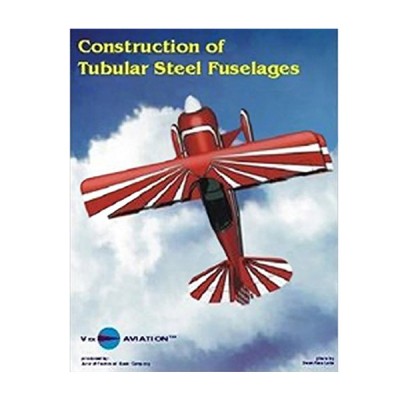





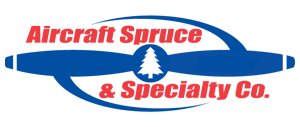 FREE Shipping
FREE Shipping
